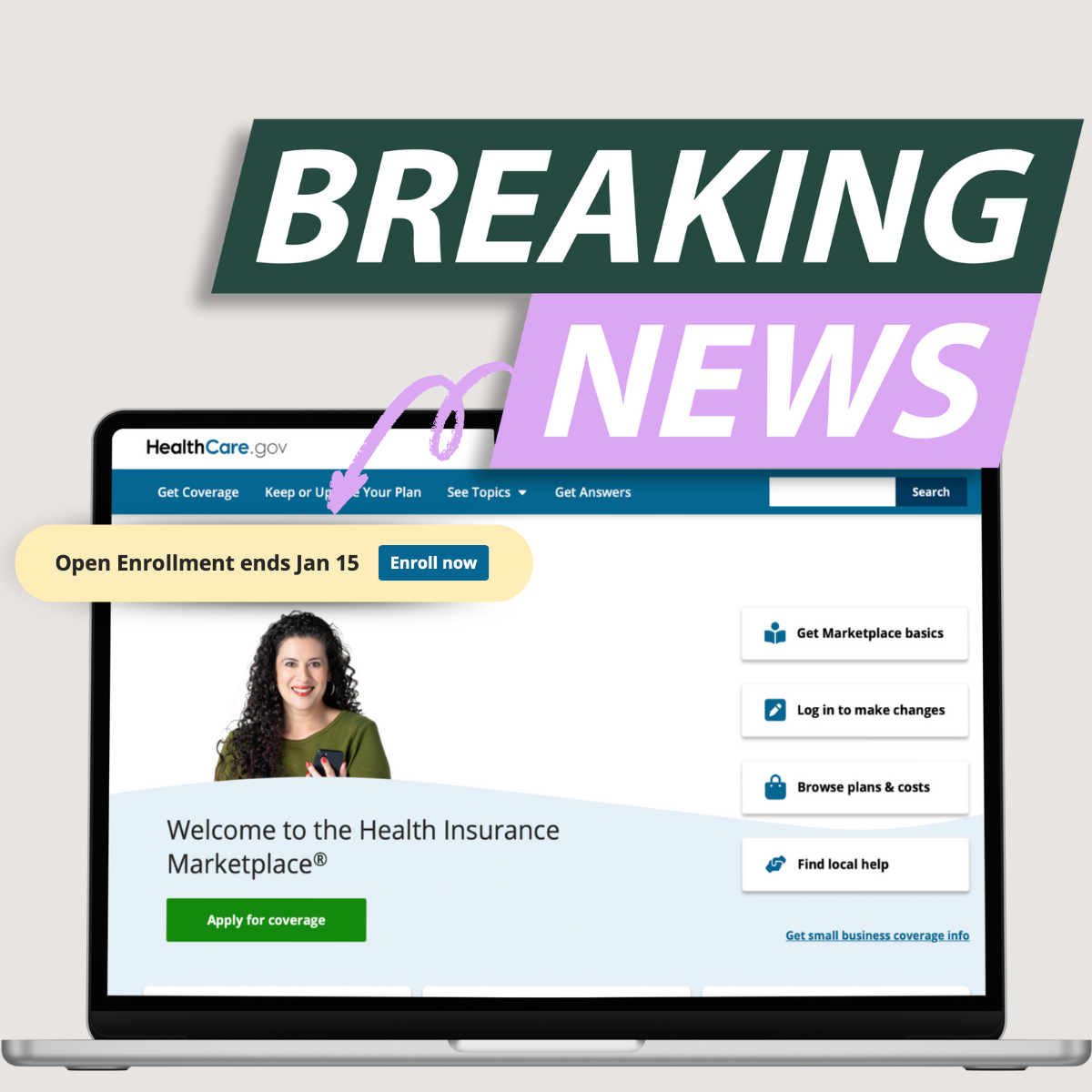We’ve spent the last few years helping small businesses offer health benefits through ICHRA and have seen a pattern — someone (often a husband, but not always) gets the benefit… and then forgets to mention it to the person who actually wants to know — their partner. (They might even be on the health plan!)
We’ve lovingly dubbed it Confused Husband Syndrome, but let’s be real: this affliction knows no gender. It’s really about what happens when someone gets a health benefit they don’t fully understand… and sort of forgets to ask for help.
Let’s fix that.
This is a guide for anyone who’s just been handed an ICHRA benefit and wants to make sure their partner is looped in, not left out.

What the heck is an ICHRA?
Short version: Your job is giving you money to help pay for health insurance — and you get to pick the plan.
Longer version: ICHRA stands for Individual Coverage Health Reimbursement Arrangement. (Yes, it sounds like robot talk.)
All it really means is:
- You get a monthly allowance (let’s say $400/month) from your employer.
- You shop for your own health insurance — usually on Healthcare.gov or your state’s marketplace In StretchDollar’s case, we have an integrated platform.
- You pick the plan. It’s yours, not your company’s.
- Your employer reimburses you once you show proof you’ve bought coverage.
So when you tell your partner, say:
“Hey, we actually get to choose our own plan this year — and my company’s covering part of the cost. Want to take a look at our options together?”
Boom. Informed and proactive. You’re crushing it already.
Even better, if you have some questions, book a call with a broker (a health insurance expert trained on the ins and outs of all of this) for free - you can even go together!
Timing Tip: Don’t Wait Until the Night Before
You typically get a 60-day window (before and after your ICHRA starts) to enroll. But trust us — if you wait until Day 59 to bring it up, your partner will give you that look. You might also be stuck sleeping on the couch for a while.
Try to have the conversation at least 2-3 weeks ahead of the coverage start date. You’ll both want time to compare options and make the decision together.
Three Questions That Say “I Care About Our Health and Our Budget”
Here’s how to get the conversation rolling like a pro:
- “Are there any doctors or prescriptions we definitely want to keep?”
Bonus points if you remember your pediatrician’s name without having to look it up. - “Would we rather pay a lower premium and risk higher costs later… or pay a bit more now for more coverage?”
(Translation: Bronze plans have cheaper premiums but cost more to use. Gold/Platinum plans are pricier but cushier.) - “Want me to set up time with a benefits expert to walk us through it?”
StretchDollar offers free consultations, so you don’t have to go it alone. Plus, offering to get expert help is a total power move. It’s basically the insurance version of being willing to ask someone for directions.

The 5-Step “Let’s Get This Done” Checklist
Here’s the quick breakdown of what happens next:
Step 1.
Compare plans (you can use the ICHRA platform your employer has selected. In some cases (like StretchDollar) they’ll have a broker you can talk to if you’d like extra help).
Step 2.
Choose a plan for you and your family.
Step 3.
Pay the first premium — just like a normal bill (pro-tip: set up recurring payments, this is something you’ll be paying once a month or your coverage could lapse).
Step 4.
Submit proof to your ICHRA platform (like a receipt or invoice).
Step 5.
Get reimbursed each month from your employer.

Is This a One-Time Thing?
Not quite. Each fall, you’ll need to revisit your options during Open Enrollment (Nov 1–Dec 15). So go ahead and set a calendar reminder now. Future You will be grateful.
It’s actually a really cool benefit of having an ICHRA as your health benefit. You might decide you want more (or less) coverage, have new providers you want covered, or simply want to see if the grass really is greener on the other side (or health plan in this scenario).
Final Word
Communicating well about health benefits is just another way to show you care — about your family’s well-being and your partner’s opinion. If you made it this far in the article, you’re clearly trying…and winning.
So next time someone asks what an ICHRA is, you can confidently say:
“It’s our health benefit. We chose the plan. My company’s helping us pay for it. And yes — my partner is totally in the loop.”
You’re not just enrolled.You’re evolved.






